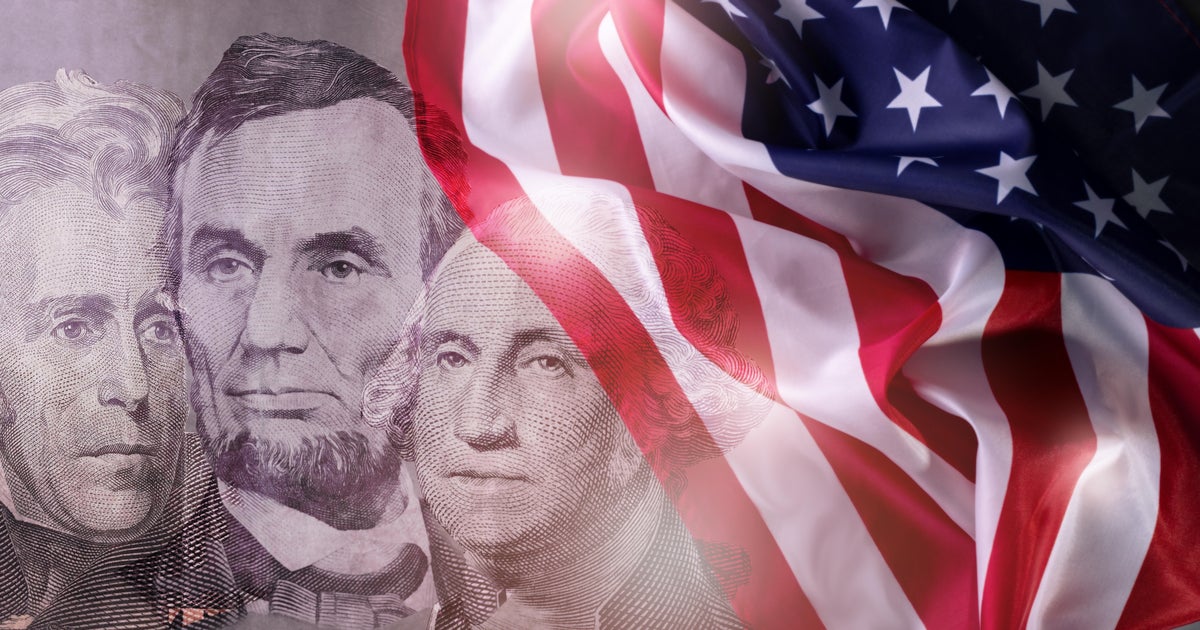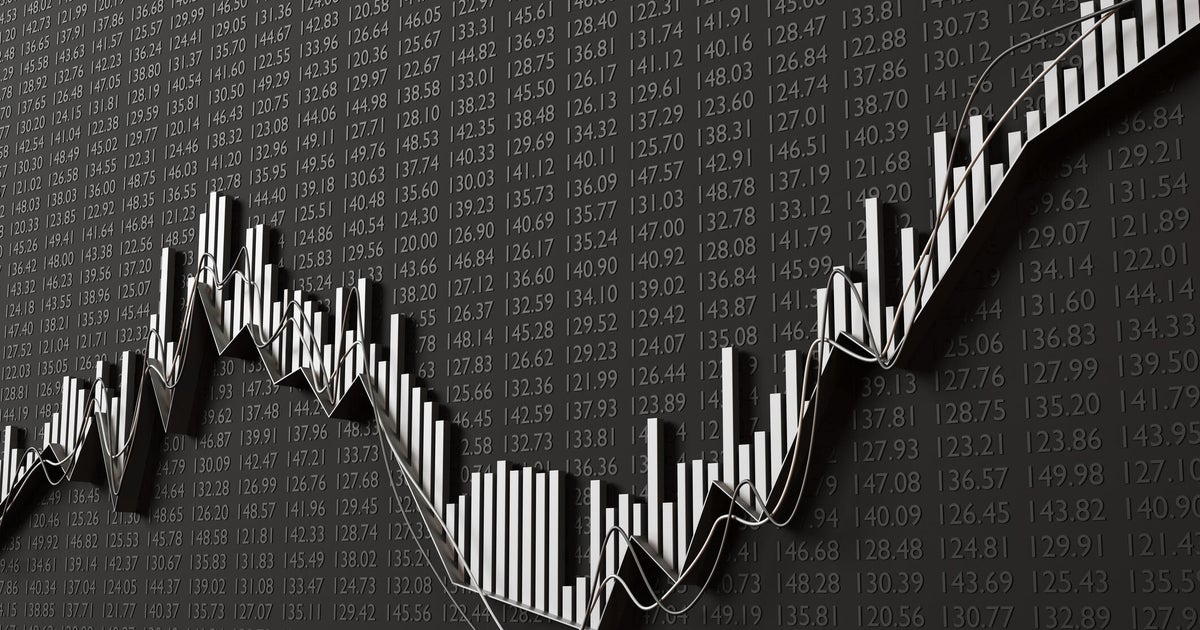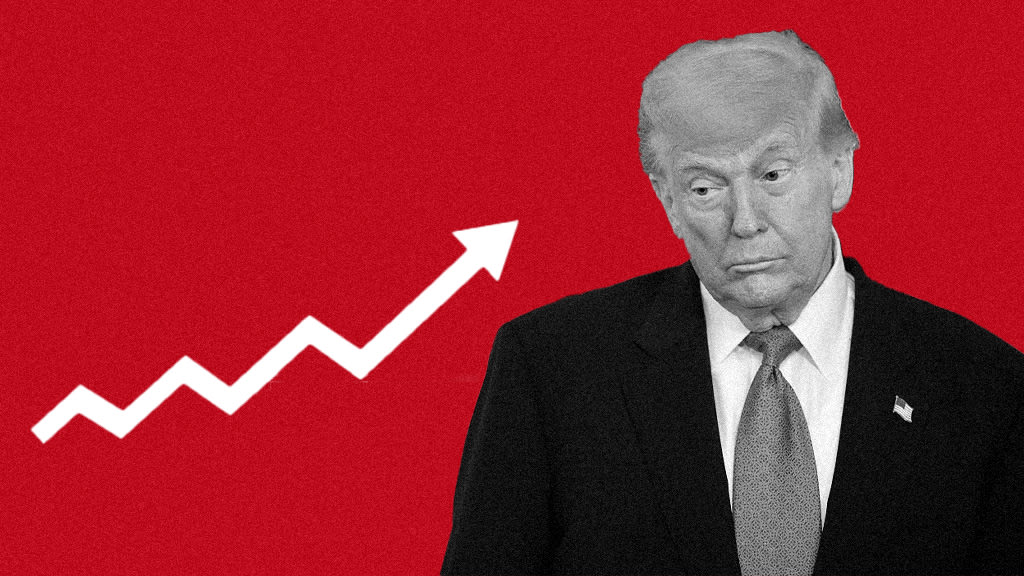Stocks mostly slip despite Trump downplaying coronavirus fears
Stocks closed lower on Wednesday, extending a five-day slide triggered by growing fears that the coronavirus outbreak could stall U.S. and global economic growth.
The Dow slipped 124 points to close at 26,958, or a decline of 0.5%, after a rally earlier in the day. The broader S&P 500 fell 12 points, or 0.4%, to 3,114, while the tech-heavy Nasdaq edged higher, rising 0.2%. The Dow shed a total of more than 1,900 points on Monday and Tuesday, slicing more than 6% from the index's value. Over the previous four trading sessions, stocks in the U.S. have lost a total of $2.1 trillion in value.
As Wall Street tries to gauge the potential hit to consumers and businesses from the disease, officially called COVAD-19, President Donald Trump suggested that fears of the disease are overblown, tweeting that the "USA is in great shape." The White House has sought to reassure investors that the U.S. is prepared to contain the coronavirus, with Mr. Trump blaming fears about the disease on media outlets "doing everything possible to make the Caronavirus [sic] look as bad as possible, including panicking markets."
The U.S. Centers for Disease Control and Prevention said Tuesday it expects coronavirus to spread in the U.S. and asked Americans to prepare.
"Many view the United States as unable to contain an outbreak, which means we will see a belated and forceful reaction of the White House to re-establish the narrative," Nordea Investment Funds analyst Sebastien Galy said in a research note. "This is an election year after all and the impact on airline stocks is predictable."
The disease's spread in Europe has prompted investors and economists to reassess the outbreak's potential economic impact, with Italy reporting a 45% single-day increase in infections. Italian officials reported 10 deaths and 322 confirmed coronavirus cases. The global tally of patients now stands above 80,000, and the death toll is approaching 3,000.
As the coronavirus's rapid spread in China showed, an outbreak can hurt economic growth in several ways. Government efforts to contain the disease can chill economic activity by curbing consumer spending and business investment. Global trade also can wane, while large companies' supply chains may be disrupted. And as this week's market rout starkly shows, financial markets can plunge as jittery investors move out of equities and into safe-haven assets such as gold and U.S. Treasuries.
"The spike in new cases outside China broadens and lengthens the potential impact" on stocks in the U.S., UBS analysts said in a report.
Underpricing the risks?
U.S. businesses ranging from Apple to United Airlines have warned that the disease will hurt their financial results, partly due to the impact from China, the country with the largest number of coronavirus cases. China's measures to slow the disease's spread, including a quarantine for the industrial hub of Wuhan, are likely to affect supply chains for U.S. businesses, said Capital Group analysts.
"I believe the equity market is underpricing the supply chain disruptions that are now building," said Stephen Green, a Capital Group economist based in Hong Kong. "We still have a long way to go in terms of people getting back to work in the big cities, and local governments are under a lot of pressure to get their economies going again."
The disease could lead to a $50 billion drag on U.S. GDP this year, according to Oxford Economics. But a global pandemic would deliver a deeper blow to the U.S. economy, the research firm said in a report.
"Coronavirus fears will remain front and center for markets as economic data continues to play second fiddle to global fears," TD Securities analysts told investors in a note.



